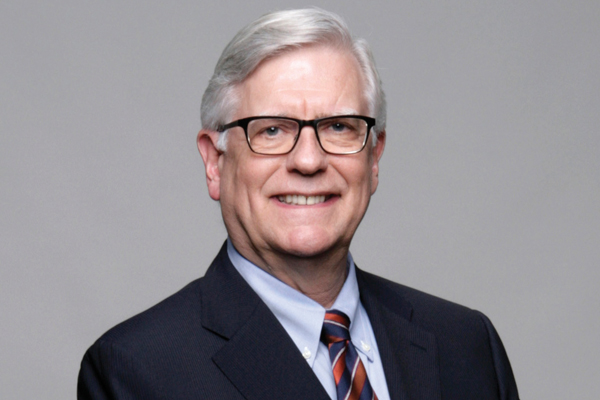The focus on brain health in this issue of Life & Letters is particularly compelling because our researchers are on the cusp of making dramatic breakthroughs in mental health research, cognitive neuroscience and in other areas that affect the lives of so many.
What excites me about this research is its “translational” quality — our faculty members and students are translating basic research findings into effective interventions in both our Institute for Mental Health Research (IMHR) and in the Center for Perceptual Systems (CPS).
At the IMHR, Chris Beevers and his team — including top talents from across campus in psychology, education, social work, communications and the Dell Medical School — are reinventing the way we treat mental health conditions. In the U.S. alone, an estimated 60 million adults suffer from mental health disorders.
The CPS is exploring new ways to prevent and treat brain injuries with an interdisciplinary team from neuroscience, psychology, electrical and computer engineering, computer science, and speech and communication. The researchers are making advances in ocular implants that, like cochlear implants, are wired to the brain and therefore bypass damaged organs to help restore sight.
We have the green light to begin planning and construction of an addition to the Sarah M. & Charles E. Seay Building that will bring the IMHR and CPS together under one roof, creating new opportunities for collaboration.
Brain health research is just one example of the learning and discovery that takes place daily across the breadth of our college in the humanities, social sciences and languages. It is work that transforms the lives of our students, and through our service mission it improves the lives of countless Texans, as well as people around the world.
The liberal arts will be in good hands as I turn over the deanship to Ann Huff Stevens this summer. Among her many accomplishments, she was the founding director of the Center for Poverty Research at UC Davis, which works across academic disciplines to answer critical questions about poverty in our communities. A professor of economics, she is also a Texas native with roots in Corpus Christi. We are fortunate to be able to bring her back to the Lone Star State.
It has been my good fortune to work with so many talented and dedicated students, faculty and staff members, alumni and friends, and it has been an honor and privilege to serve as dean of the College of Liberal Arts, as a professor and chair in the Department of Psychology, and as a faculty member for these past 44 years at The University of Texas at Austin.
Thanks for the great ride, and Hook ’em Horns!

Randy L. Diehl, Dean
David Bruton, Jr. Regents Chair in Liberal Arts
